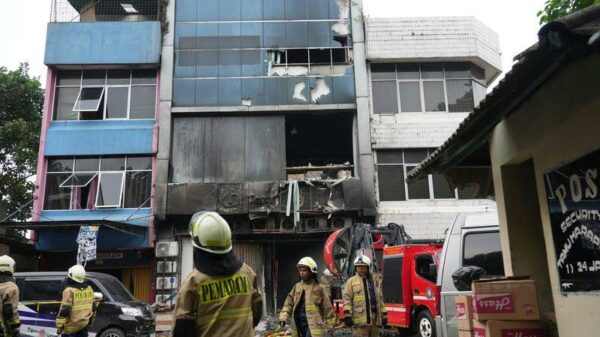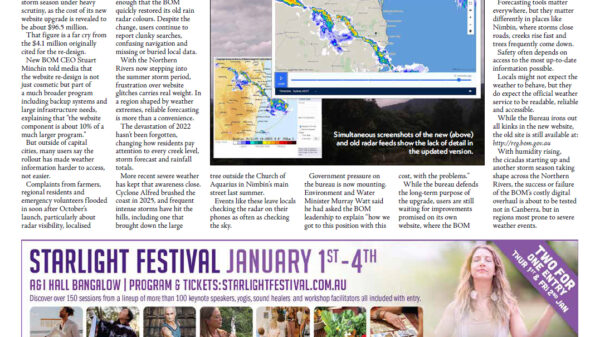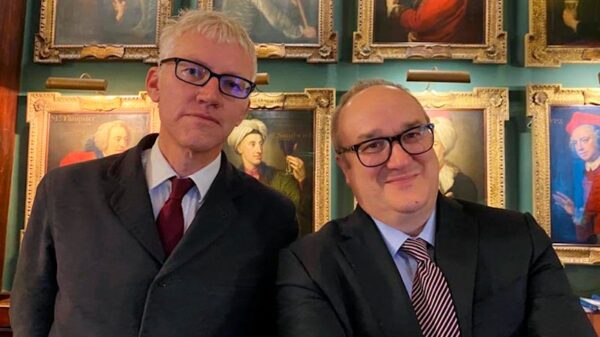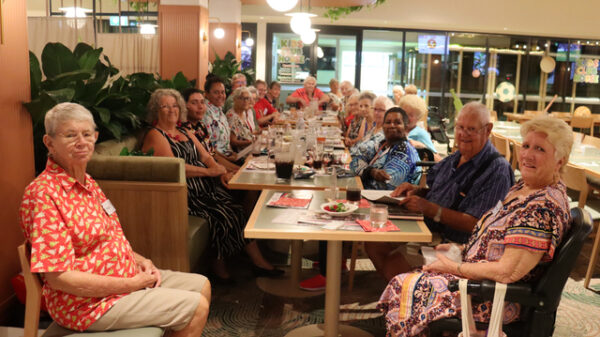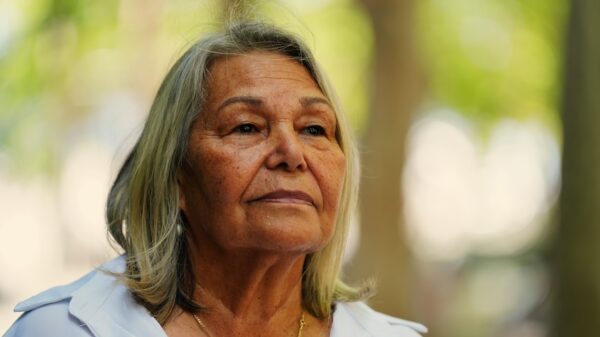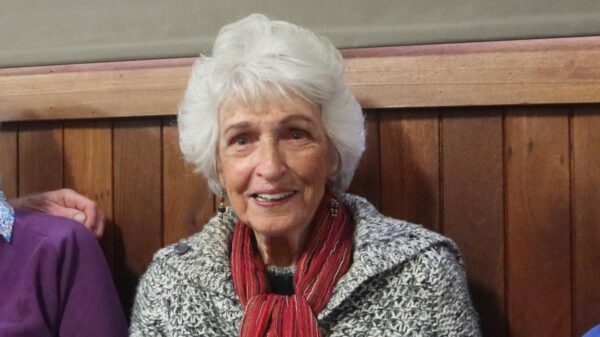A youth advocacy group in Victoria is calling for young people to be compensated for sharing their perspectives on community development. The proposal, put forth by the Youth Affairs Council Victoria, suggests that financial remuneration would encourage greater participation from younger residents in community consultations.
Finn Stirling, a 26-year-old youth participation officer at the council, highlighted a significant issue: older homeowners, particularly those over 45, tend to dominate these discussions. Stirling explained, “We’re in a cost-of-living crisis and a young person likely has to leave university early or reject a shift of work. Remunerating them recognises the effort it takes to participate.”
The council’s submission to a state parliamentary inquiry emphasizes that compensating young people acknowledges the barriers they face in being involved in community matters. This sentiment is echoed in various other submissions, indicating a broader consensus on the need for inclusive consultation practices.
Stirling expressed his concern over the feeling of exclusion among young individuals from critical discussions that shape their communities. He stated that young people possess valuable ideas and deserve a platform to share them. Unfortunately, many younger Victorians often find it difficult to locate opportunities to contribute, struggle to attend meetings, or encounter communication that is unclear and filled with jargon.
To enhance engagement, the youth council has outlined several recommendations for consultation processes. They advocate for a minimum duration of 10 weeks for consultations, promotion in youth-centric environments and on social media platforms, and a commitment to avoid tokenism. Furthermore, they stress the importance of clearly articulating how the contributions will be utilized.
The ongoing inquiry is assessing the effectiveness of current consultation practices implemented by state and local governments, as well as statutory authorities. A significant focus is on the use of the Engage Victoria website, which serves as a platform for state projects. Many submissions have echoed the call for a more diverse range of voices in these processes, including those from Young Victorians, culturally and linguistically diverse backgrounds, First Nations communities, and individuals with disabilities.
As the inquiry progresses, the Youth Affairs Council Victoria aims to ensure that young people are given an equitable opportunity to influence the future of their communities. By recognizing the value of their input and providing appropriate incentives, a more inclusive and representative community dialogue can emerge.






